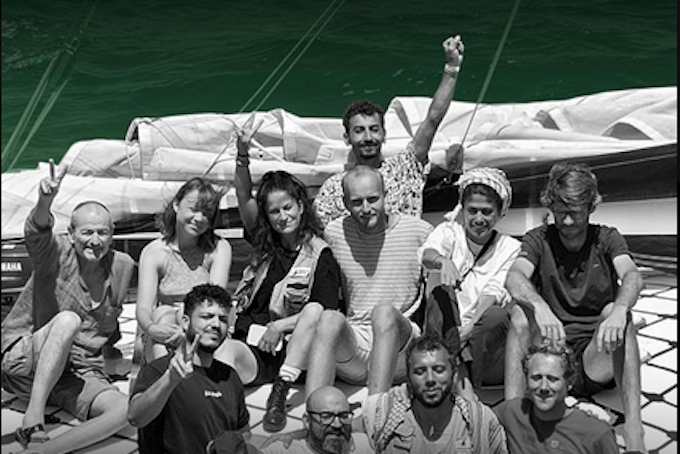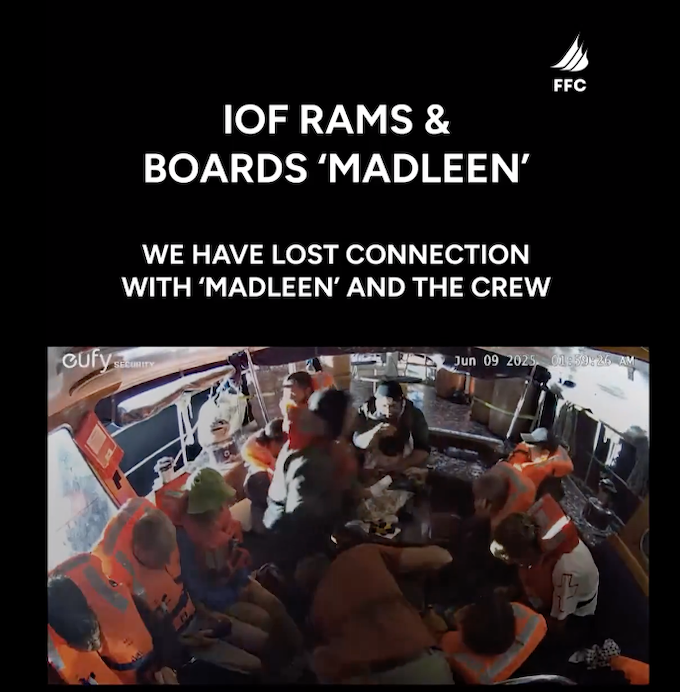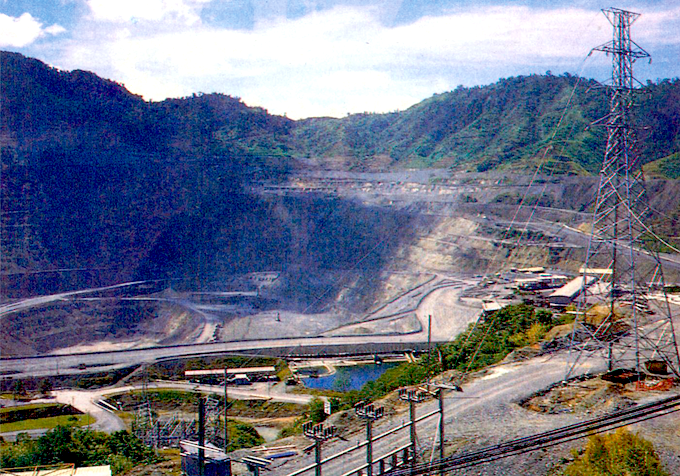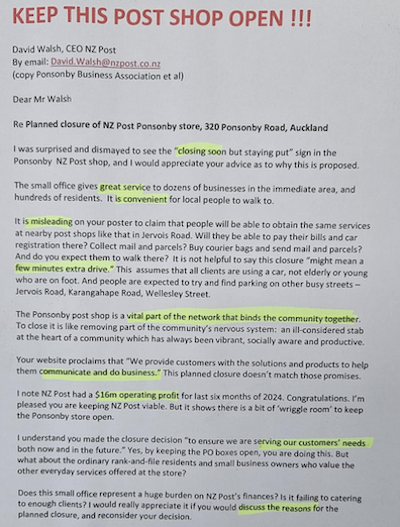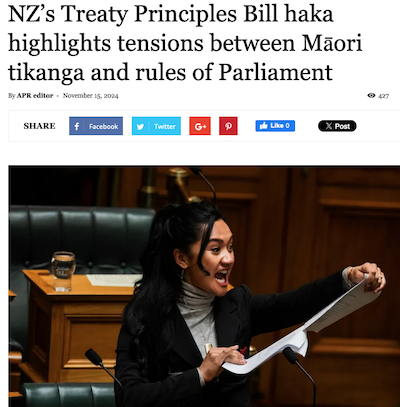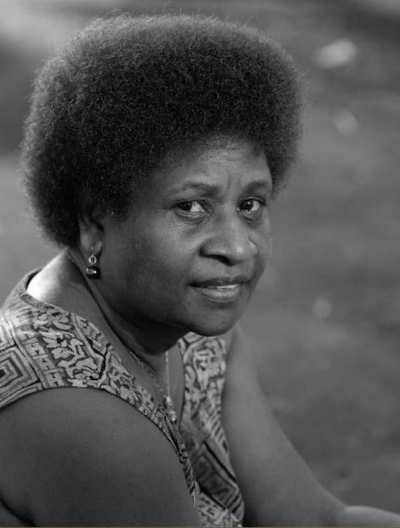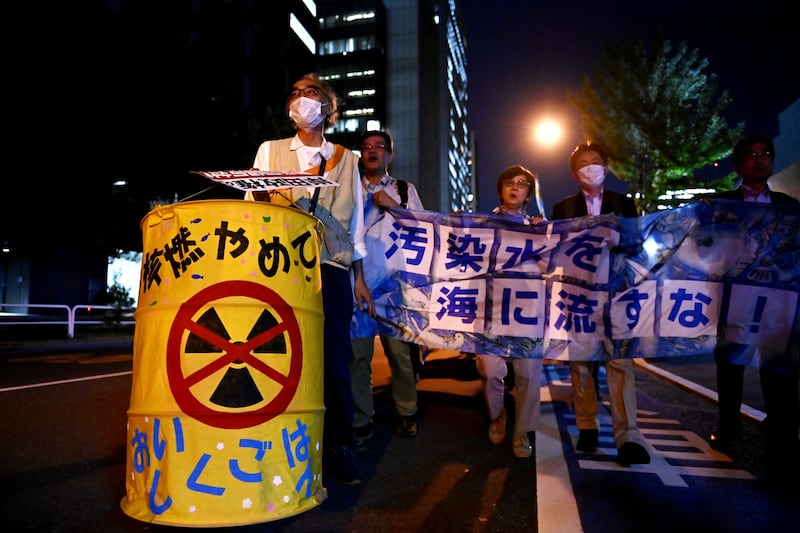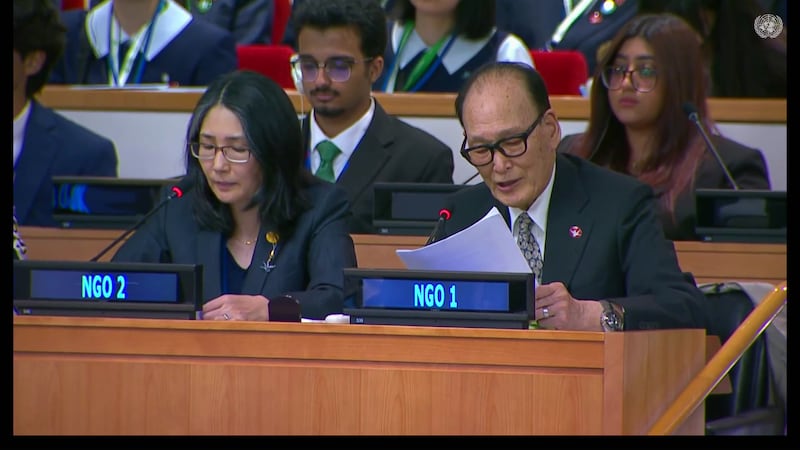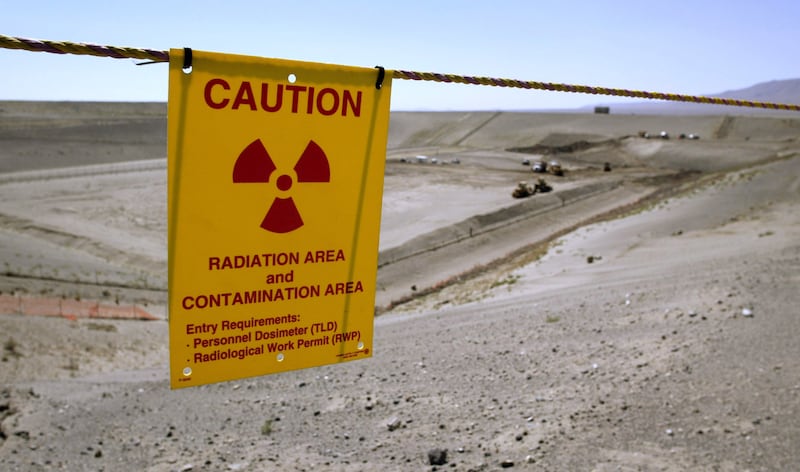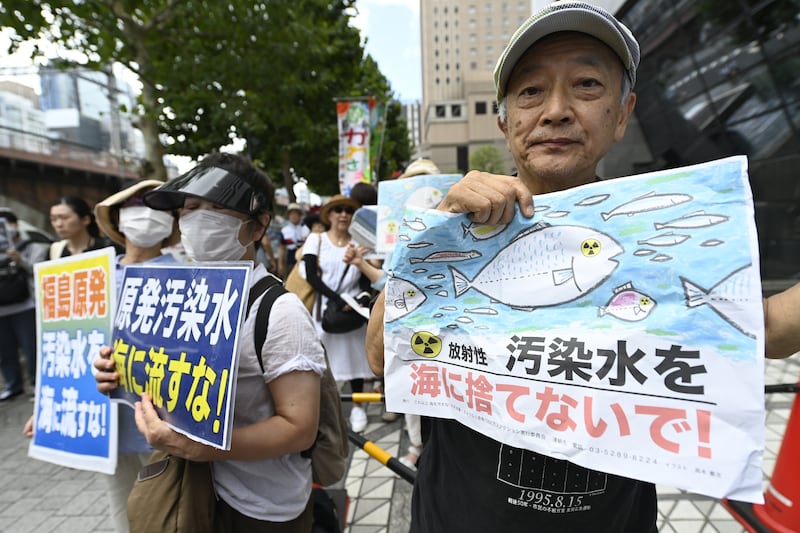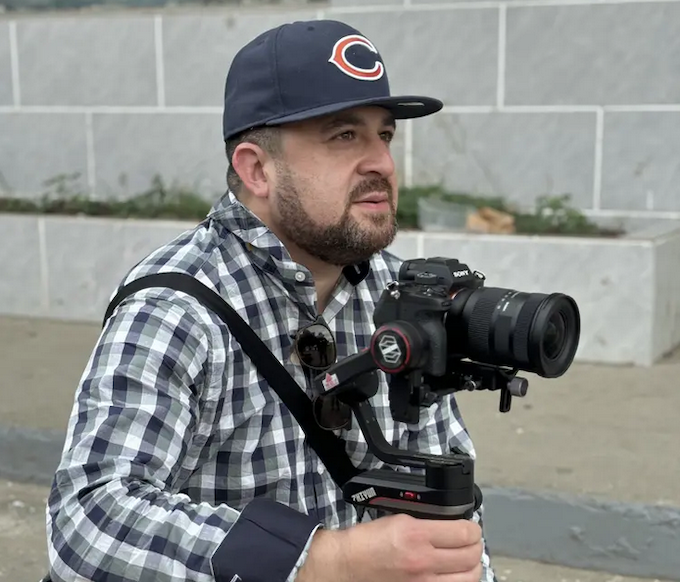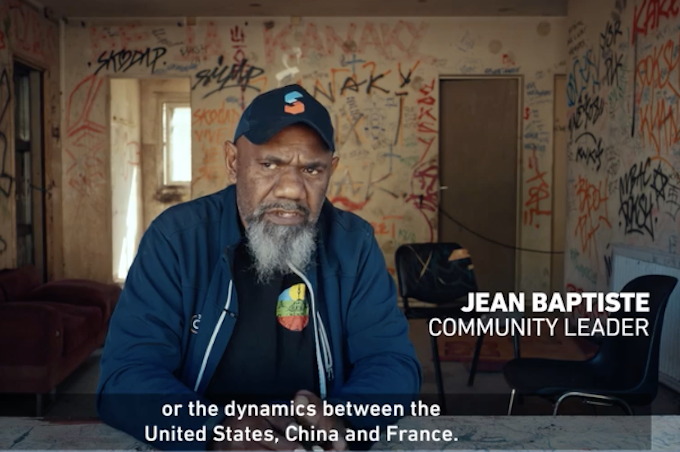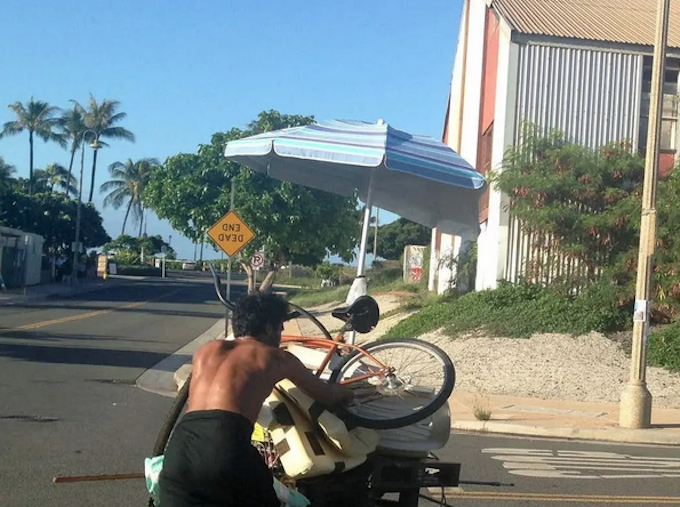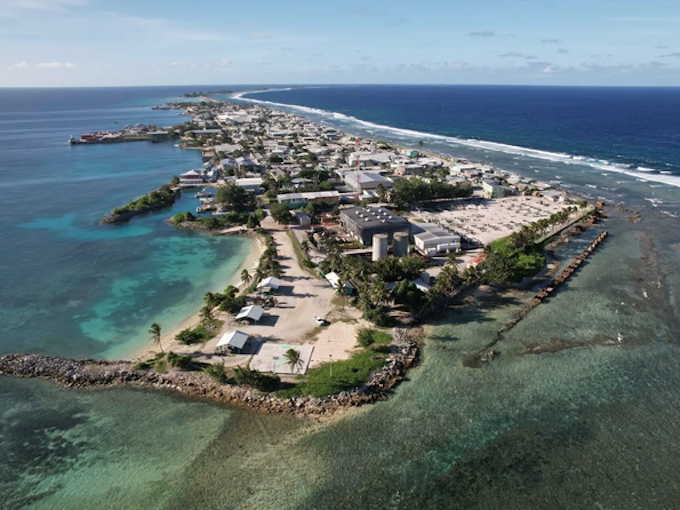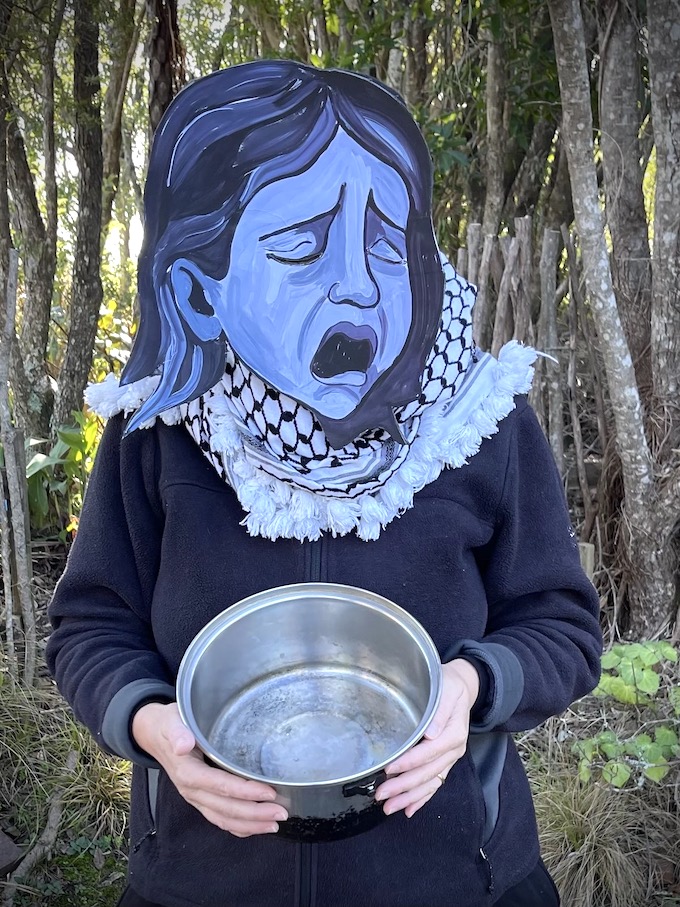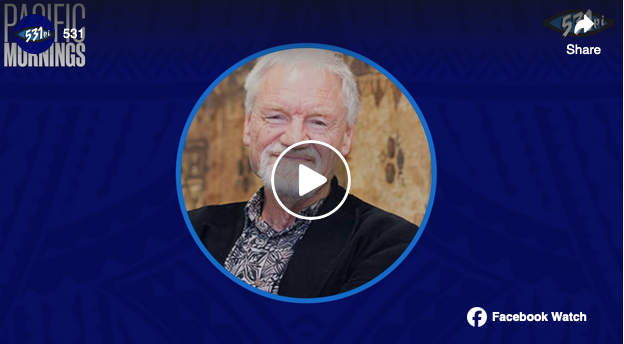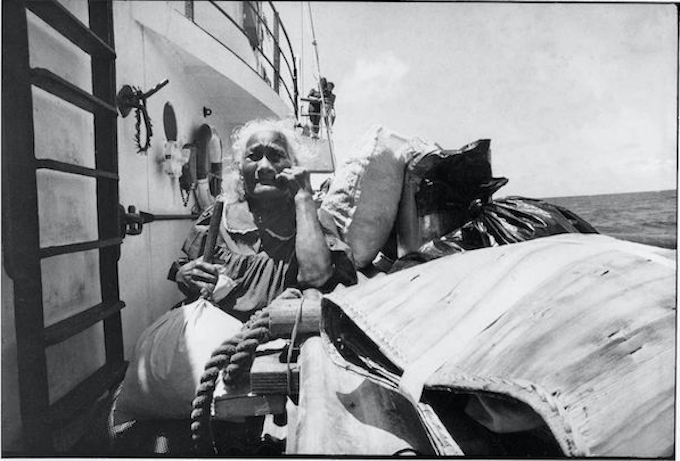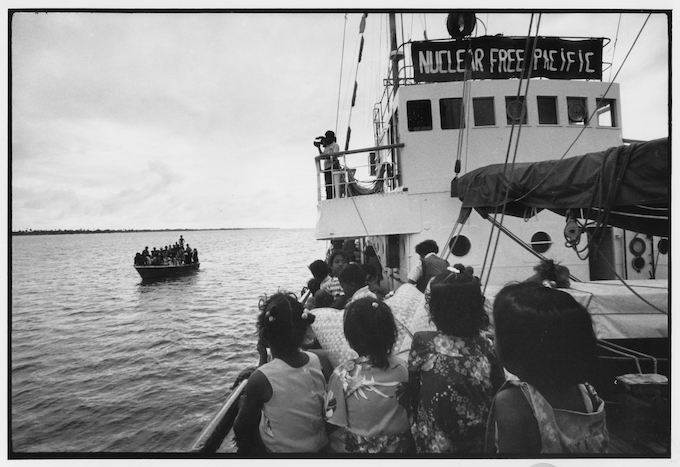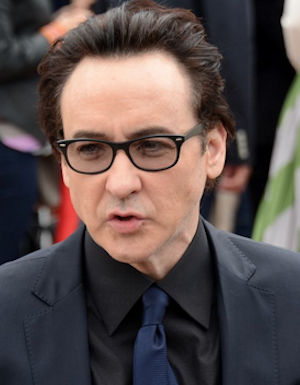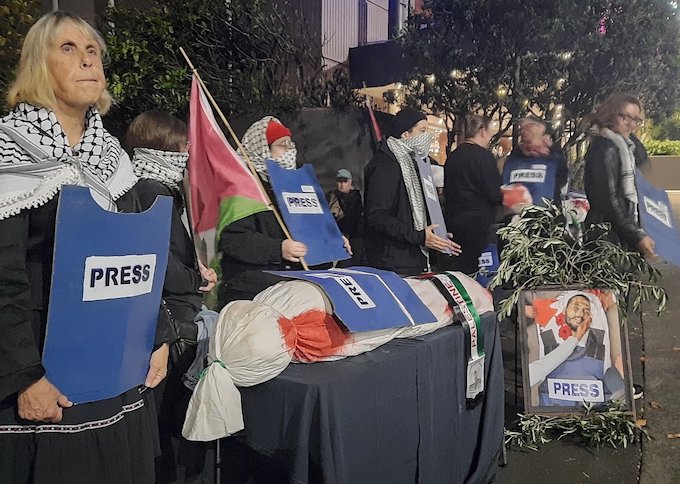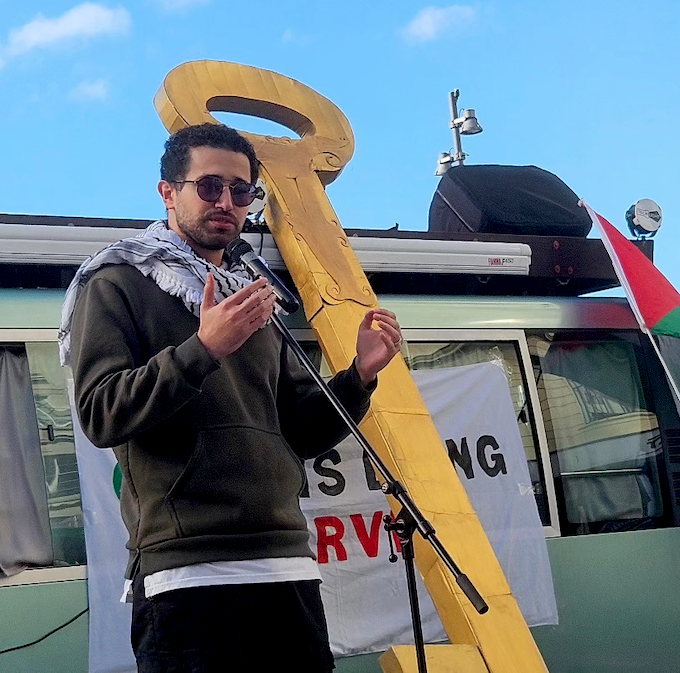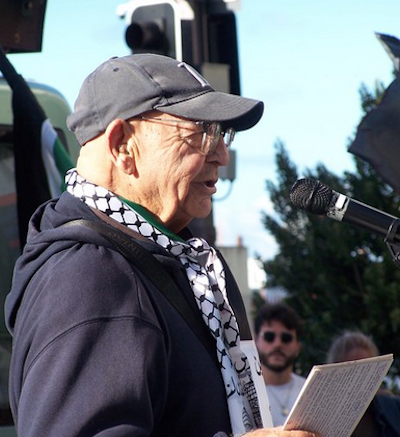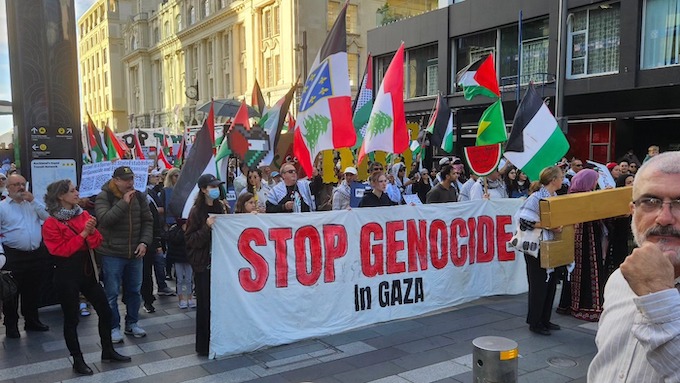Nakba Day today marks 15 May 1948 — the day after the declaration of the State of Israel — when the Palestinian society and homeland was destroyed and more than 750,000 people forced to leave and become refugees. The day is known as the “Palestinian Catastrophe”.
By Soumaya Ghannoushi
US President Donald Trump’s tour of Riyadh, Abu Dhabi and Doha is not diplomacy. It is theatre — staged in gold, fuelled by greed, and underwritten by betrayal.
A US president openly arming a genocide is welcomed with red carpets, handshakes and blank cheques. Trillions are pledged; personal gifts are exchanged. And Gaza continues to burn.
Gulf regimes have power and wealth. They have Trump’s ear. Yet they use none of it — not to halt the slaughter, ease the siege or demand dignity.
In return for their riches and deference, Trump grants Israel bombs and sets it loose upon the region.
This is the real story. At the heart of Trump’s return lies a project he initiated during his first presidency: the erasure of Palestine, the elevation of autocracy, and the redrawing of the Middle East in Israel’s image.
“See this pen? This wonderful pen on my desk is the Middle East, and the top of the pen — that’s Israel. That’s not good,” he once told reporters, lamenting Israel’s size compared to its neighbours.
To Trump, the Middle East is not a region of history or humanity. It is a marketplace, a weapons depot, a geopolitical ATM.
His worldview is forged in evangelical zeal and transactional instinct. In his rhetoric, Arabs are chaos incarnate: irrational, violent, in need of control. Israel alone is framed as civilised, democratic, divinely chosen. That binary is not accidental. It is ideology.
Obedience for survival
Trump calls the region “a rough neighbourhood” — code for endless militarism that casts the people of the Middle East not as lives to protect, but as threats to contain.
His $110 billion arms deal with Saudi Arabia in 2017 was marketed as peace through prosperity. Now, he wants trillions more in Gulf capital. As reported by The New York Times, Trump is demanding that Saudi Arabia invest its entire annual GDP — $1 trillion — into the US economy.
Riyadh has already offered $600 billion. Trump wants it all. Economists call it absurd; Trump calls it a deal.
This is not negotiation. It is tribute.
And the pace is accelerating. After a recent meeting with Trump, the UAE announced a 10-year, $1.4 trillion investment framework with the US.
This is not realpolitik. It is a grotesque spectacle of decadence, delusion and disgrace
Across the Gulf, a race is underway — not to end the genocide in Gaza, but to outspend one another for Trump’s favour, showering him with wealth in return for nothing.
The Gulf is no longer treated as a region. It is a vault. Sovereign wealth funds are the new ballot boxes. Sovereignty — just another asset to be traded.
Trump’s offer is blunt: obedience for survival. For regimes still haunted by the Arab Spring, Western blessing is their last shield. And they will pay any price: wealth, independence, even dignity.
To them, the true threat is not Israel, nor even Iran. It is their own people, restless, yearning, ungovernable.
Democracy is danger; self-determination, the ticking bomb. So they make a pact with the devil.
Doctrine of immunity
That devil brings flags, frameworks, photo ops and deals. The new order demands normalisation with Israel, submission to its supremacy, and silence on Palestine.
Once-defiant slogans are replaced by fintech expos and staged smiles beside Israeli ministers.
In return, Trump offers impunity: political cover and arms. It is a doctrine of immunity, bought with gold and soaked in Arab blood.
They bend. They hand him deals, honours, trillions. They believe submission buys respect. But Trump respects only power — and he makes that clear.
He praises Russian President Vladimir Putin: “Is Putin smart? Yes . . . that’s a hell of a way to negotiate.” He calls Turkish President Recep Tayyip Erdogan “a guy I like [and] respect”. Like them or not, they defend their nations. And Trump, ever the transactional mind, respects power.
Arab rulers offer no such strength. They offer deference, not defiance. They don’t push; they pay.
And Trump mocks them openly. King Salman “might not be there for two weeks without us”, he brags. They give him billions; he demands trillions.
It is not just the US Treasury profiting. Gulf billions do not merely fuel policy; they enrich a family empire. Since returning to office, Trump and his sons have chased deals across the Gulf, cashing in on the loyalty they have cultivated.
A hotel in Dubai, a tower in Jeddah, a golf resort in Qatar, crypto ventures in the US, a private club in Washington for Gulf elites — these are not strategic projects, but rather revenue streams for the Trump family.
Reward for ethnic cleansing
The precedent was set early. Former presidential adviser Jared Kushner, Trump’s son-in-law, secured $2 billion from Saudi Arabia’s sovereign wealth fund shortly after leaving office, despite internal objections.
The message was clear: access to the Trumps has a price, and Gulf rulers are eager to pay.
Now, Trump is receiving a private jet from Qatar’s ruling family — a palace in the sky worth $400 million.
This is not diplomacy. It is plunder.
And how does Trump respond? With insult: “It was a great gesture,” he said of the jet, before adding: “We keep them safe. If it wasn’t for us, they probably wouldn’t exist right now.”
That was his thank you to Saudi Arabia, the UAE and Qatar; lavish gifts answered with debasement.
And what are they rewarding him for? For genocide. For 100,000 tonnes of bombs dropped on Gaza. For backing ethnic cleansing in plain sight. For empowering far-right Israeli politicians, including Finance Minister Bezalel Smotrich and Prime Minister Benjamin Netanyahu, as they call for Gaza’s depopulation.
For presiding over the most fanatically Zionist, most unapologetically Islamophobic administration in US history.
Still, they ask nothing, while offering everything. They could have used their leverage. They did not.
The Yemen precedent proves they can act. Trump halted the bombing under Saudi pressure, to Netanyahu’s visible dismay. When they wanted a deal, they struck one with the Houthis.
And when they sought to bring Syria in from the cold, Trump complied. He agreed to meet former rebel leader turned President Ahmed al-Sharaa — a last-minute addition to his Riyadh schedule — and even spoke of lifting sanctions, once again at Saudi Arabia’s request, to “give them a chance of greatness”.
No US president is beyond pressure. But for Gaza? Silence.
Price of silence
While Trump was being feted in Riyadh, Israel rained American-made bombs on two hospitals in Gaza. In Khan Younis, the European Hospital was reportedly struck by nine bunker-busting bombs, killing more than two dozen people and injuring scores more.
Earlier that day, an air strike on Nasser Hospital killed journalist Hassan Islih as he lay wounded in treatment.
As Trump basked in applause, Israel massacred children in Jabalia, where around 50 Palestinians were killed in just a few hours.
This is the bloody price of Arab silence, buried beneath the roar of applause and the glitter of tributes.
This week marks the anniversary of the Nakba — and here it is again, replayed not through tanks alone, but through Arab complicity.
With every cheque signed, Arab rulers do not secure history’s respect. They seal their place in its sordid footnotes of shame
The bombs fall. The Gaza Strip turns to dust. Two million people endure starvation. UN food is gone.
Hospitals overflow with skeletal infants. Mothers collapse from hunger. Tens of thousands of children are severely malnourished, with more than 3500 on the edge of death.
Meanwhile, Smotrich speaks of “third countries” for Gaza’s people. Netanyahu promises their removal.
And Trump — the man enabling the annihilation? He is not condemned, but celebrated by Arab rulers. They eagerly kiss the hand that sends the bombs, grovel before the architect of their undoing, and drape him in splendour and finery.
While much of the world stands firm — China, Europe, Canada, Mexico, even Greenland – refusing to bow to Trump’s bullying, Arab rulers kneel. They open wallets, bend spines, empty hands — still mistaking humiliation for diplomacy.
They still believe that if they bow low enough, Trump might toss them a bone. Instead, he tosses them a bill.
This is not realpolitik. It is a grotesque spectacle of decadence, delusion and disgrace.
With every cheque signed, every jet offered, every photo op beside the butcher of a people, Arab rulers do not secure history’s respect. They seal their place in its sordid footnotes of shame.
Soumaya Ghannoushi is a British Tunisian writer and expert in Middle East politics. Her journalistic work has appeared in The Guardian, The Independent, Corriere della Sera, aljazeera.net and Al Quds. This article was first published by the Middle East Eye. A selection of her writings may be found at: soumayaghannoushi.com and she tweets @SMGhannoushi.
This post was originally published on Asia Pacific Report.
